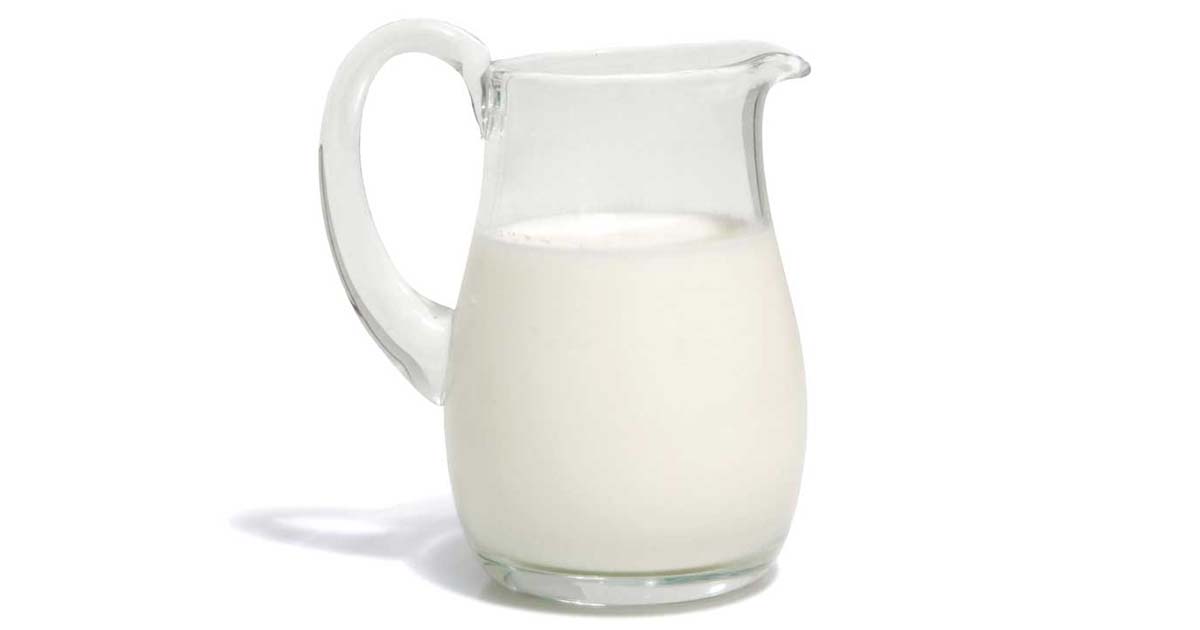Allergy to cow’s milk is the most common food allergy in young children, affecting approximately 2% of children under four years of age and is even more prevalent in infants.
The disease is different from lactose intolerance, in which a lack of the enzyme lactase results in the inability to properly break down lactose, a sugar found in milk products. In the case of a milk allergy, the immune system itself reacts with a distinct response against milk proteins. Specialized immune cells form which produce antibodies against the milk proteins and so trigger a potentially much more dangerous allergic reaction.
A study of the interuniversity Messerli Research Institute of Vetmeduni Vienna, Meduni Vienna and the University of Vienna has shown that the components of the cow’s milk itself can help to prevent this reaction. The key is that the milk protein beta-lactoglobulin, a relevant agent for allergic reactions, “pockets” a metabolite of vitamin A called retinoic acid. This, however, requires cows to receive a sufficient supply of this vitamin, for example, through an abundance of green fodder.
Loading with retinoic acid – essentially filling the pocket – transforms a potential milk allergen into a tolerogen, i.e. an antigen that fosters immune tolerance.
“Our study showed that an ’empty’ milk protein supports the activation of Th2 lymphocytes and so initiates an allergic chain reaction,” says Karin Hufnagl, first author of the study. However, if it, so to speak, pockets the retinoic acid, then the immune cells react moderately, without an allergic immune reaction. “An adequate loading of the milk protein could thus prevent that small children or even adults become sensitized and express a milk allergy,” summarizes study leader Erika Jensen-Jarolim.
The researchers believe this mechanism may need be fostered in the cow. Taking vitamin A supplements may not provide this protective effect.
Milk poses a severe risk to those with an allergy to it. Besides causing a swelling of the mouth or the mucous membranes, other symptoms can include diarrhoea or aggravated atopic dermatitis, and, in rare cases, can even induce an allergic shock. In addition, a cow’s milk allergy carries the risk of other allergic diseases, such as atopic dermatitis or allergic asthma. “A sufficient supply of vitamin A to the milk producers, i.e. the cows, could counteract this effect in which a harmless food protein is converted into a milk allergen,” says Hufnagl.
- Vitamin A in cattle fodder is potentially protecting against cow’s milk allergy – University of Veterinary Medicine Vienna Press Release
- Retinoic acid prevents immunogenicity of milk lipocalin Bos d 5 through binding to its immunodominant T-cell epitope – Scientific Reports






